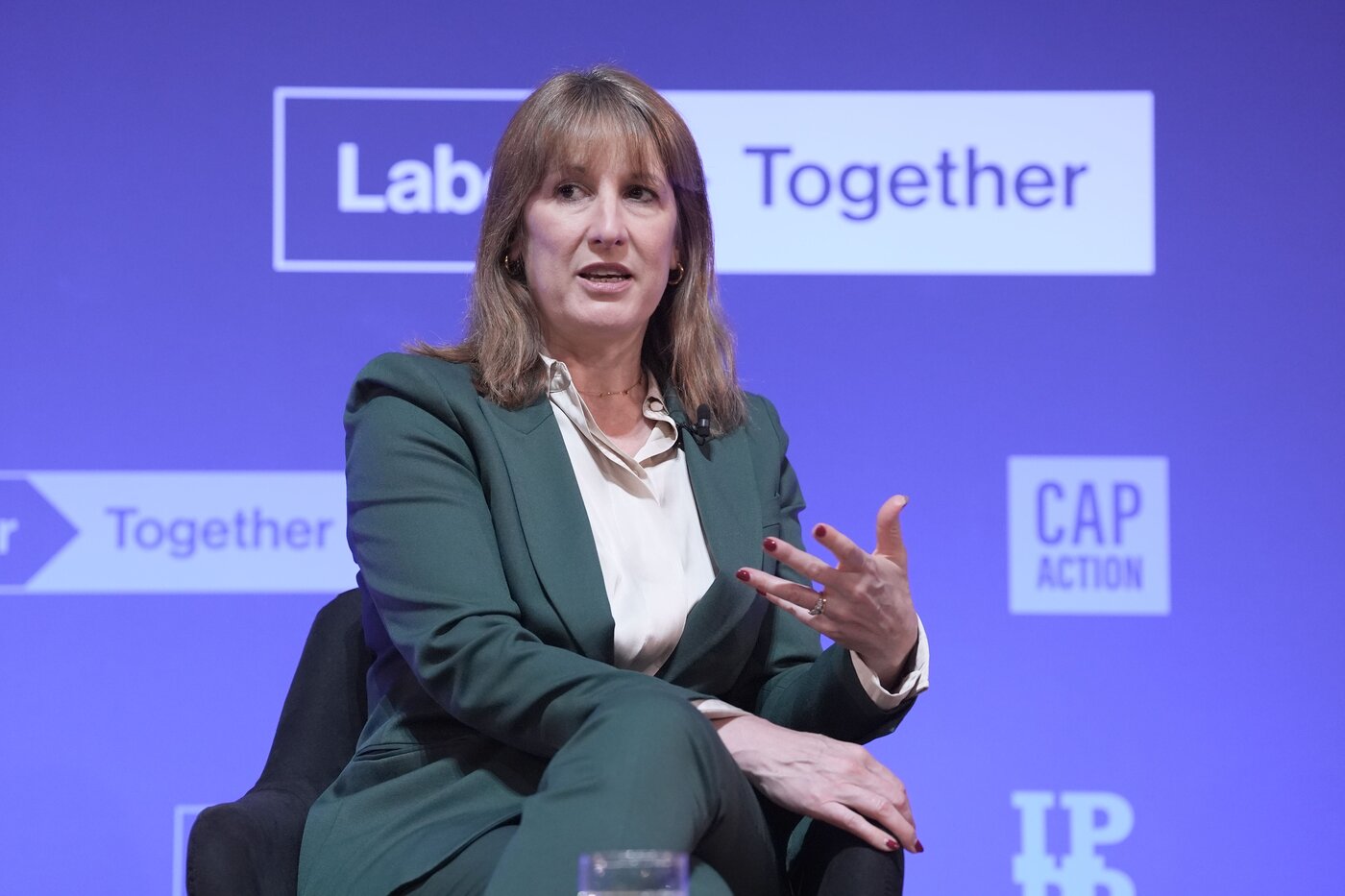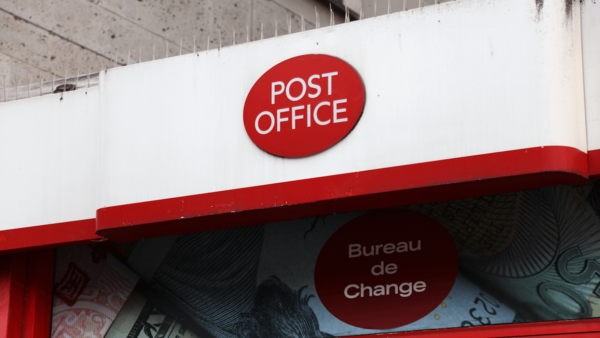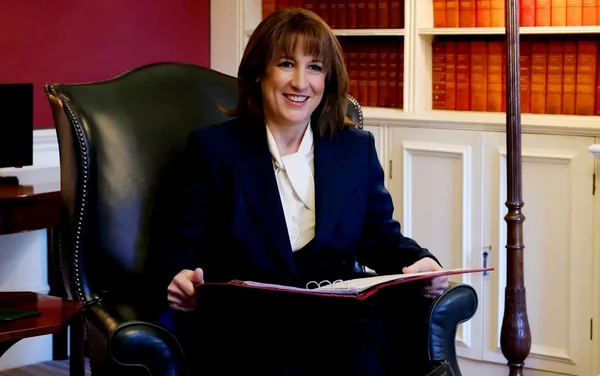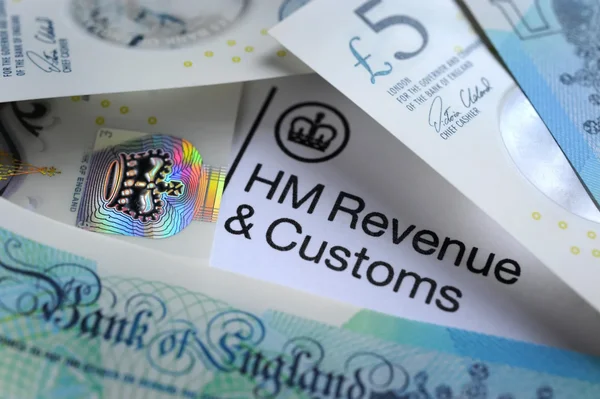Overview of Motability Scheme
The Motability scheme allows recipients of certain disability benefits, primarily the enhanced mobility element of PIP, to lease new cars for a three-year period. Vehicles are supplied by Motability Operations, a private company under the supervision of a charitable trust.
Once the lease term ends, cars are sold to fund new leases for future applicants. The scheme supports around 800,000 disabled people across the UK, providing them with essential mobility solutions that may otherwise be inaccessible.
To participate, claimants exchange some or all of their eligible benefits for the lease, covering the vehicle, insurance, and maintenance. Contrary to some public perceptions, Motability vehicles are not offered for free but are paid for by the beneficiaries themselves through their allowances.
The Expected Budget Announcements
Chancellor Rachel Reeves is due to outline the removal of selected tax reliefs for Motability vehicles during the budget statement.
Adjustments are anticipated to focus on the introduction of insurance premium tax and the imposition of VAT on advance payments for more expensive vehicles. While earlier discussions within the Treasury reportedly explored savings of up to £1 billion, officials now indicate that the scaled-back measures are designed to secure £300 million in additional revenue.
The most severe option, the removal of VAT exemptions on the resale of former Motability vehicles, is understood to have been rejected amid concerns that it could destabilise the scheme. Government sources have clarified that higher savings figures were never set as formal targets.
Rationale Behind the Tax Changes
The proposed tax reforms are part of broader efforts to increase government revenues and ensure the Motability scheme operates within a sustainable fiscal framework.
Ministers have expressed concerns that generous tax breaks, particularly for higher-end cars, may not represent the best use of public resources. Recent reforms within Motability have already restricted access to luxury brands such as BMW and Mercedes, a decision affecting fewer than 5% of leaseholders.
These claimants typically pay an additional advance supplement to access premium vehicles. The bulk of Motability users, however, lease standard models without any top-up payments.
Political Response and Concerns
The announcement has drawn a mixed response from within the Labour Party and beyond. Some Members of Parliament have cautioned that increasing costs for Motability users could place undue strain on disabled people already managing limited incomes.
There is significant concern that any erosion of the scheme’s current support level may compromise mobility for thousands. Disability rights groups have reiterated the essential nature of Motability for maintaining independence and quality of life. MPs are expected to raise questions about the distributional impact and the adequacy of protection for the most vulnerable users.
Helen Whately, the shadow Secretary of State for Work and Pensions, has argued that the removal of high-end vehicles from the scheme amounts to ‘window-dressing’ and will not deliver meaningful savings for taxpayers.
Impact on Disabled People and Industry
The planned tax changes are predicted to raise costs associated with Motability leases, particularly for those opting for vehicles requiring advance payments or with high insurance costs.
While only a small proportion of scheme users select premium models, there is concern the new measures could also increase financial pressures for users in less expensive cars due to broader cost impositions.
The Motability scheme remains under scrutiny in public discourse, with some commentators questioning its generosity. However, misrepresentations of ‘free cars’ persist, despite the scheme being funded by disabled persons’ own benefit entitlements.
Wider Welfare Reform Context
The budget is also expected to introduce a crackdown on benefit fraud and error, as well as significant reforms to universal credit, including an end to the two-child limit at a projected cost of approximately £3 billion.
Chancellor Reeves has emphasised her intent to pursue a wider overhaul of the welfare system, stating, ‘We can’t leave welfare untouched We have to do reform in the right way and take people with us.’ Her comments reflect a commitment to balancing fiscal responsibility with the need for fair and effective social support.
Nevertheless, any significant changes to Motability and broader welfare policy must contend with political realities. The government faces potential dissent within party ranks, declining poll ratings, and challenges from opposition parties to both its left and right.
Final Summary
The government’s anticipated decision to withdraw £300 million in Motability scheme tax reliefs forms part of a wider strategy to ensure responsible public finances and address concerns around welfare expenditure.
While the measures stop short of the most severe proposals, they mark a notable shift in support for disabled motorists and raise important questions about the financial wellbeing of some of the UK’s most vulnerable citizens.
The changes have drawn warnings from disability advocates and parliamentarians alike, who caution that additional costs risk reducing the independence many disabled people have secured through Motability. As further details are unveiled in the budget, attention will focus on the implementation of the measures and their real-world effects.
For ongoing insights and support navigating welfare and tax reforms, individuals can consider utilising applications like Pie for up-to-date information.











